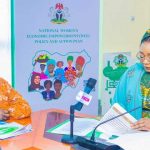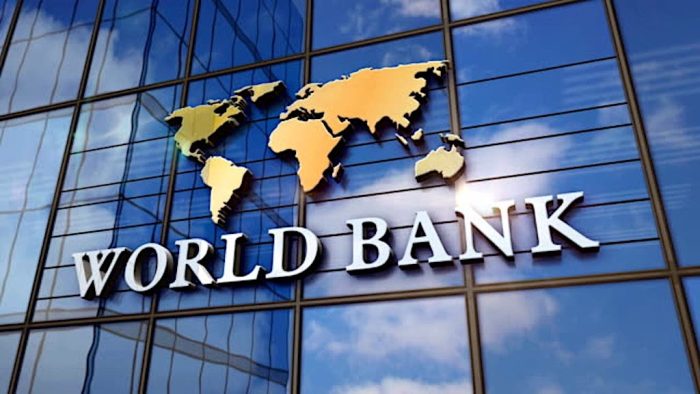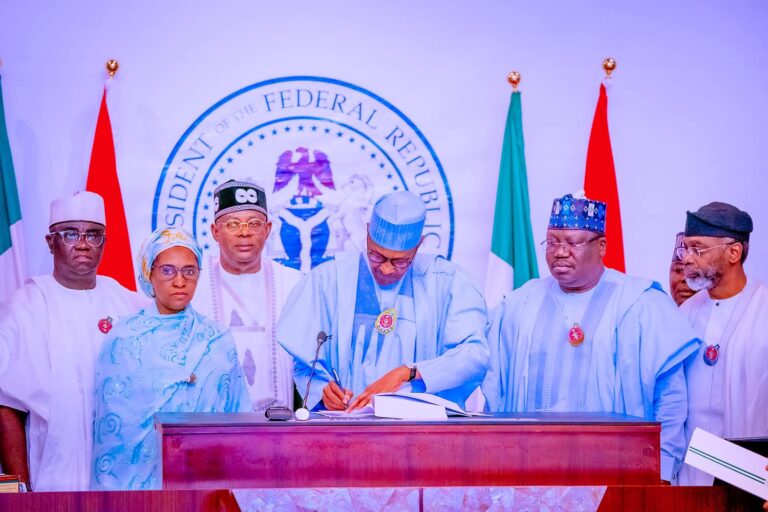Nigeria has announced that it is empowering more than 10 million women as part of efforts to achieve its one trillion dollar economy target by 2030. The declaration came during a high-level event at the 2025 United Nations General Assembly in New York, where government officials outlined how women-focused initiatives are reshaping communities across the country.
The Minister of Women Affairs and Social Development explained that the Nigeria for Women Project (NFWP) remains the country’s most significant women’s economic empowerment platform. Since its launch, over 460,000 women have been mobilized into Women Affinity Groups across several states. These groups have collectively saved nearly N5 billion, creating internal loan systems that support business growth, health expenses, and school fees. In addition, more than 330,000 women have received livelihood grants and thousands now have access to banking services, national ID, and health insurance.
Following a successful pilot in six states, the project has expanded nationwide. According to the minister, the model draws inspiration from global practices but is adapted to Nigerian realities. She described the groups as platforms that not only provide financial independence but also strengthen household stability and give women a stronger voice in local governance.
The government has further consolidated its approach under the Renewed Hope Social Impact Interventions – 774 (RH-SII774). This initiative is designed to reach over 50 million women, children, and vulnerable groups across all 774 local government areas. It integrates agriculture, clean energy, logistics, digital access, and mobile services into one coordinated framework. Officials say the programme addresses issues like gender inequality, family instability, digital exclusion, and economic disempowerment while offering a new model of social protection.
State governors present at the UN event emphasized that women’s empowerment is not only a matter of justice but also a driver of economic growth and community stability. They highlighted that the NFWP has already expanded from six to fifteen states, with 32 states committing to join. So far, over 46,000 women have organized into 22,000 affinity groups, saving more than N4.4 billion which has been reinvested into small businesses and community development.
Other government representatives praised President Bola Tinubu’s administration for prioritizing inclusivity and youth development. They noted that these policies align with the national goal of building a one trillion dollar economy through the Renewed Hope Agenda.
Nigeria’s strategy positions women at the center of economic transformation. By combining financial access with social protection, the government hopes to achieve long-term growth while reducing household vulnerability and strengthening local communities.
(NAN)










